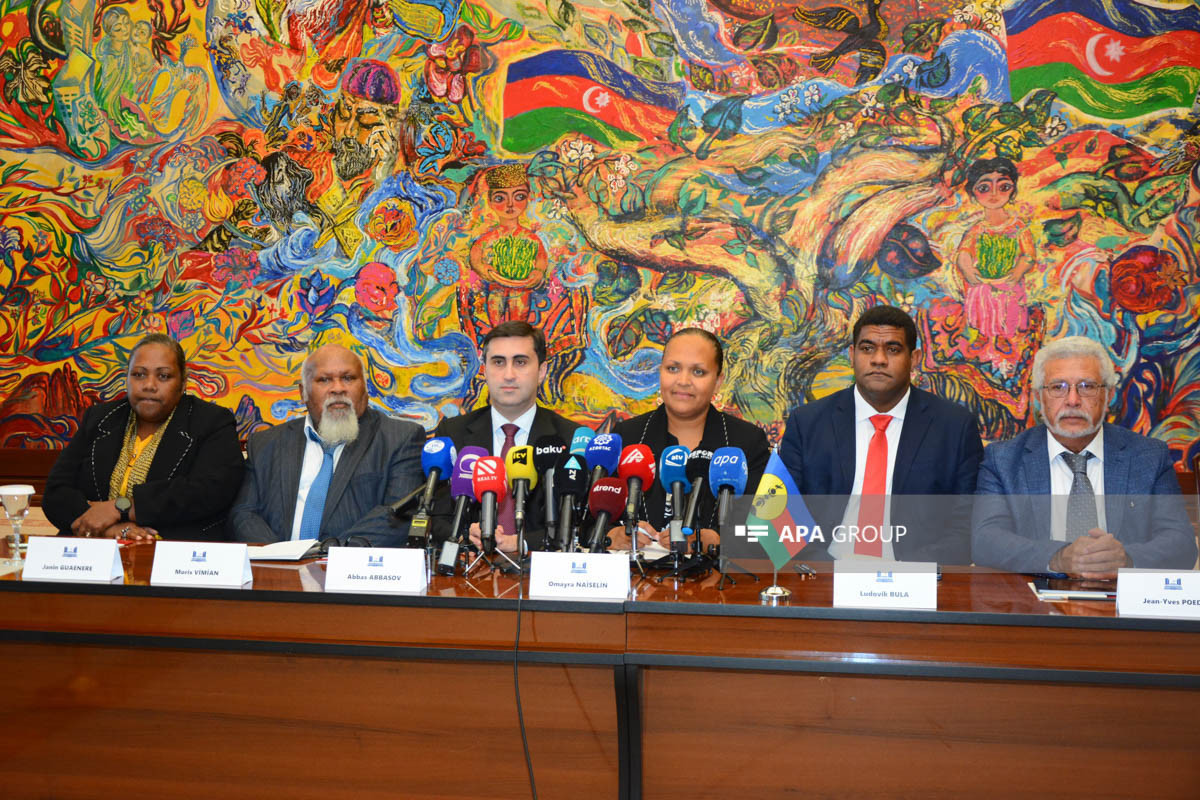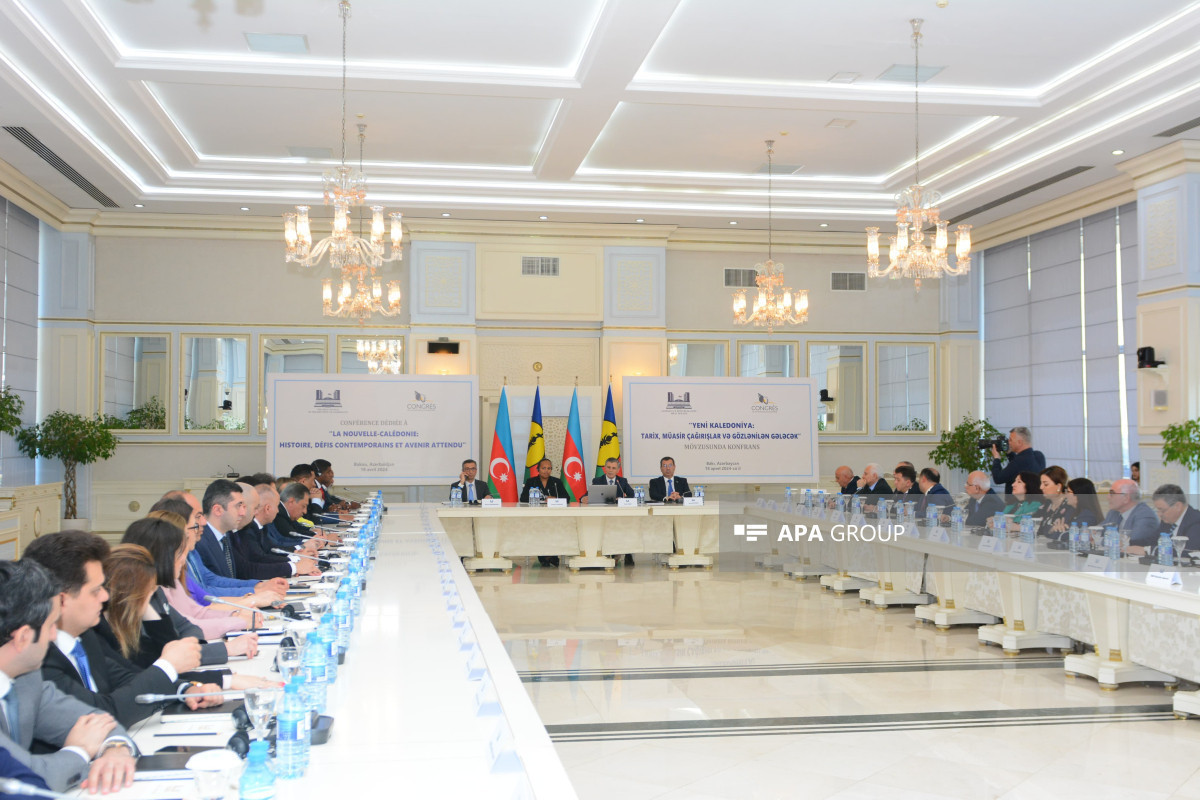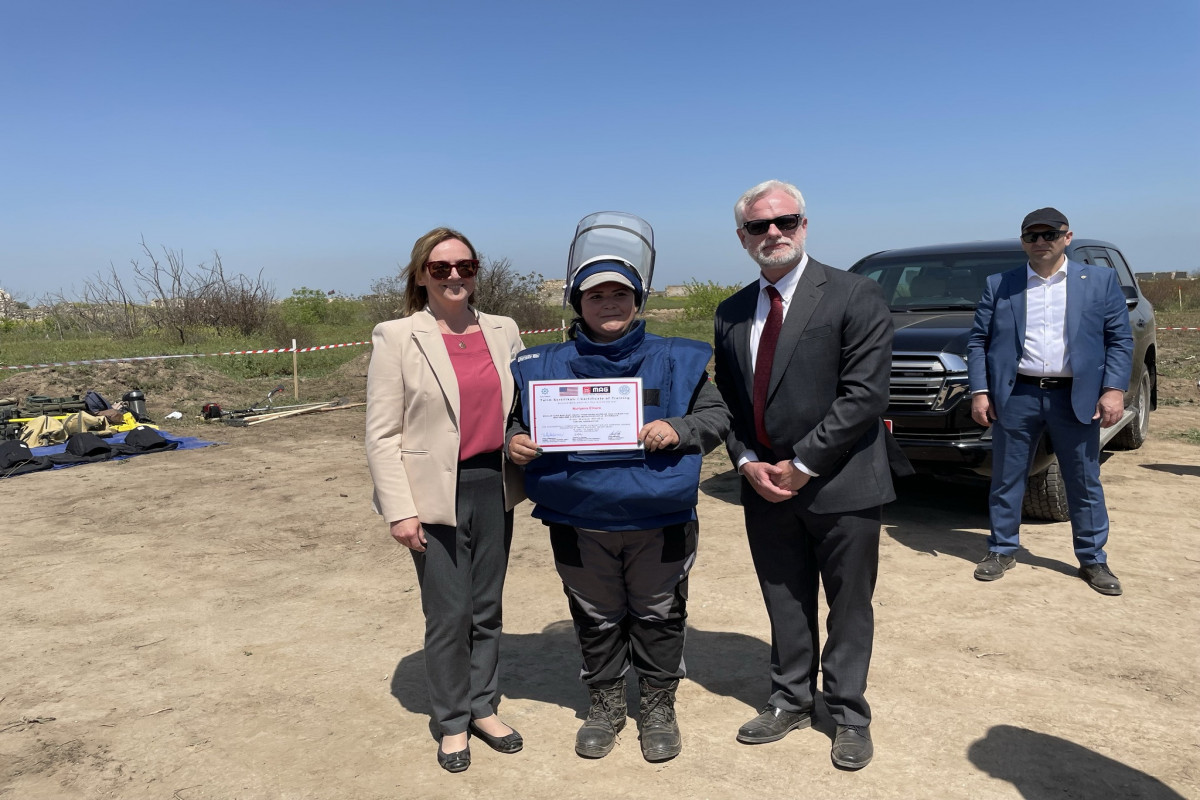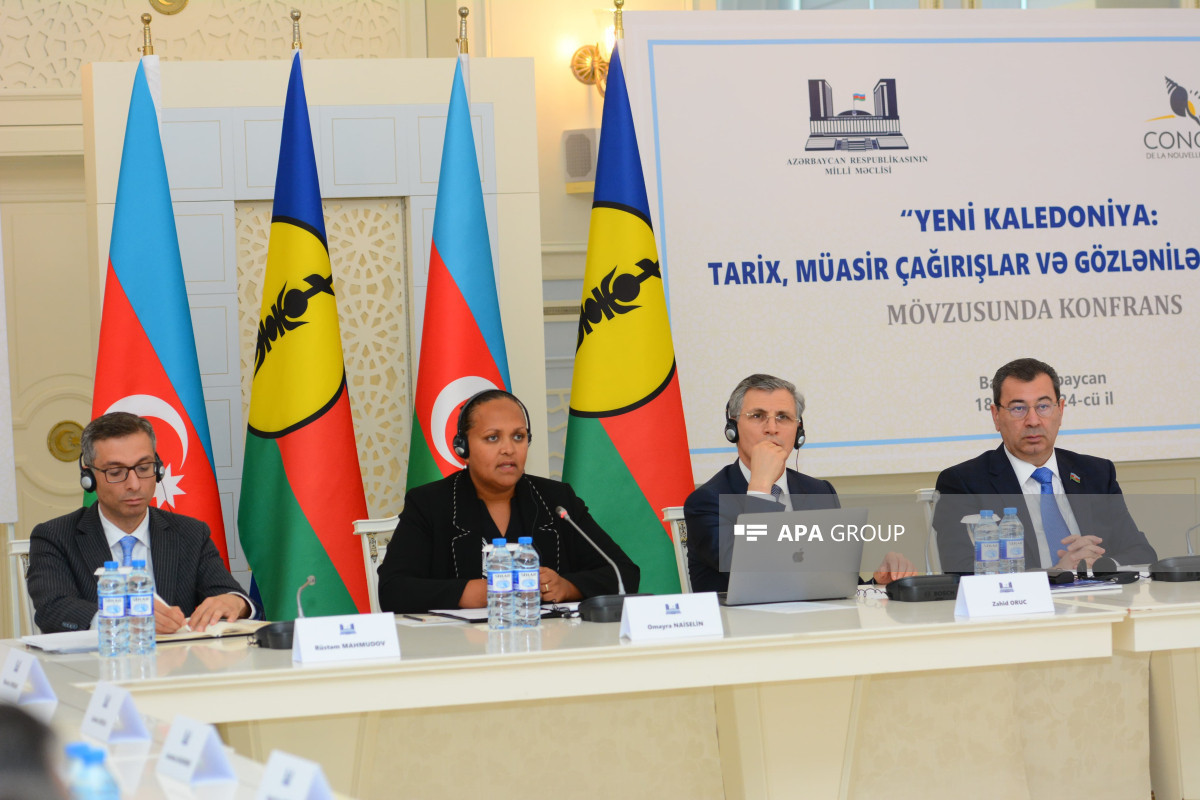APA Agency has had an exclusive interview with Greek Ambassador to Azerbaijan Dimitrios Tsoungas
Q. There are reports of Greece withdrawing from the Eurozone. Did you your country lose more or gain more from its membership of the Eurozone? What do you think? Considering the current economic situation in your country, do you think Greeks regret being a part of the European Union?
A. Since it joined the Eurozone in 2002, Greece has gained more from being a part of both the Eurozone and the European Union. No one in Greece wants the country to leave the European Union, at least theoretically. As you mentioned, Greeks are experiencing some regret and disappointment due to the economic crisis their country is suffering from. It does have an impact on people’s daily life. If you go to Greece now, you won’t notice the country going through an economic crisis. However, the economic crisis is deep therein. If you look through the figures, you will see the deficit in wages, high rate of unemployment, and increased taxes. In spite of all this, no one wants their country to leave the Eurozone or the EU. Neither does the EU want to lose Greece, because when a member leaves the Union, the other members get affected by it. The new ambassador whom the United States is considering appointing to the EU and some German politicians are of the opinion that Greeks will benefit from their country’s withdrawal from this organization. However, that’s their opinion, which is not held by anyone in Greece.
Q. The Greek government used to consider SOCAR to be a dependable partner. Then SOCAR became left out of the tender. Is it a loss of trust or are there other reasons?
A. The Greek government still views SOCAR as a reliable partner, with which it holds long-lasting negotiations when a problem arises. Both sides have been in talks in a friendly atmosphere. Unfortunately, these talks did not result in success on the 13th of November last year. Now, a new tender will be launched in relation to DESFA, and as far as I know, SOCAR has expressed its interest in joining the new tender. There is no problem between the two sides. The tender is yet to be officially announced. However, five or six companies have already expressed their interest in the tender.
Q. The energy cooperation between Azerbaijan and Greece is not limited only to DESFA. Azerbaijan, together with its partners, is implementing TANAP and TAP projects. Who do you think of the implementation of these projects?
A. Baku to host the first meeting of the Advisory Council of the Southern Gas Corridor on February 23. The previous meetings were also held in Baku. This meeting is the coordination of energy ministers all countries involved in the implementation of the TANAP and TAP projects. Every year the ministers gather in Baku to share their opinions about the realization of the projects in each country. This is a very good initiative put forward by Azerbaijan and enables to discuss the current and possible problems regarding the projects.
Q. As you know, the Armenia-Azerbaijan Nagorno-Karabakh conflict has been continuing for many years. We experienced an active phase of the conflict in April last year. What is Greece’s stance on the conflict?
A. Greece's stance on the Nagorno-Karabakh conflict remains unchanged. Greece supports the efforts of the OSCE Minsk Group to resolve the conflict within the framework of international law. Due to missing parts and to obviously unfortunate interpretation, Friday’s article on my presence at the Union of Young Azerbaijani Diplomats does not reflect my answer on the Nagorno-Karabakh conflict. Thus, I would like to clarify that, while answering a relevant question, I only repeated “Greece’s full support to the Minsk Group efforts to find a solution within the framework of International Law”. Then putting the emphasis on the importance of respecting the International Law, I mentioned the long process of resolving a similar case in Cyprus, adding that it needs patience.
Q. You have worked in China, Bulgaria, the Czech Republic and other countries. What are differences in comparison with those countries you have encountered while working in Azerbaijan? What are the specific features of Azerbaijan?
A. I served as a Greek ambassador to Belgium. Each state is like an individual. China differs from Belgium, Belgium from the Czech Republic, the Czech Republic from Bulgaria and Bulgaria from Azerbaijan… Azerbaijan also differs from Greece. This is an attractive feature of our work. In every new country, we face new mentality, new faces, new ideas, new civilizations, and report all them in our countries. Therefore, every new day is attractive for a diplomat in a new country. There is a lot of enjoyable work to be done in each country, including Azerbaijan. I paid visits to Azerbaijan in 2009 and 2011. I was familiar with your country when I came here as an ambassador. I’m really pleased to be in your country. The people of our countries are very hospitable. It is an important point in mentality of both nations. There are similarities in our approaches to the various issues and challenges. Optimism prevails in both countries. We always see the glass as half-full not as half-empty. Both Azerbaijanis and Greeks think that tomorrow will be better than yesterday. There are similarities in our music. For example, certain part of traditional Greek folk music is like Azerbaijani mugham. There were also many similarities in ancient times. Greece has Prometheus stealing the flame and Azerbaijan’s symbol is flame. Alexander the Great’s passing through these territories and Nizami Ganjavi’s mentioning Aristotle and Socrates in his works show the connection between these two people at that times.




 PHOTO'>
PHOTO'>

